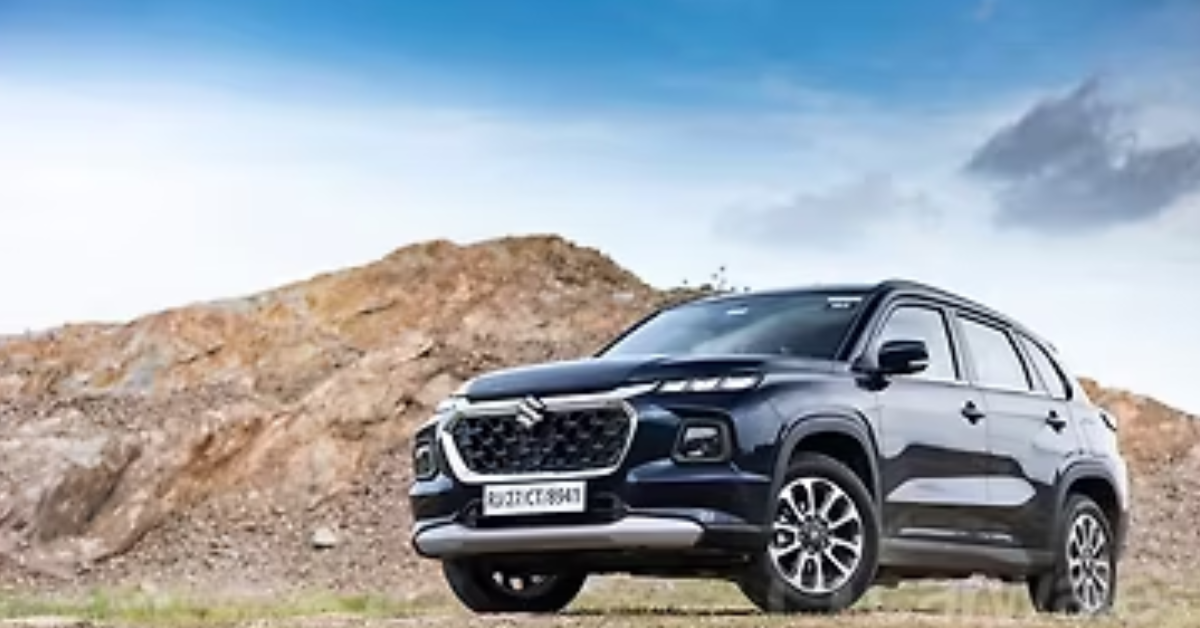The global automobile industry is rapidly shifting toward electrification, but India’s path to sustainable mobility looks different. While electric vehicles (EVs) are often touted as the future, Maruti Suzuki, India’s largest carmaker, has made it clear that EVs alone cannot solve the country’s mobility and environmental challenges. Instead, the company is betting big on a multi-fuel strategy—CNG, hybrids, and even biogas—alongside its upcoming EVs.
This forward-looking approach addresses India’s unique infrastructure, affordability, and consumer needs, while also ensuring a smoother transition toward a greener future.
Why EVs Aren’t Enough in India
While EV adoption is growing in India, challenges remain:
- Charging Infrastructure Gaps
EVs depend on widespread charging infrastructure, but in a country where rural and semi-urban areas dominate, this rollout is still slow. For millions of Indians, finding a nearby charging station remains a challenge. - High Initial Cost
Battery costs make EVs more expensive upfront compared to petrol, diesel, or CNG vehicles. For cost-sensitive buyers, affordability remains the biggest barrier. - Range Anxiety
Long distances, irregular power supply in smaller towns, and limited fast-charging options often discourage buyers who need reliable, all-day vehicles. - Dependency on Imports
Lithium-ion cells are largely imported, raising concerns about costs, supply chain disruptions, and long-term sustainability.
Maruti Suzuki recognizes these hurdles and believes India needs a broader solution.
The Multi-Fuel Strategy: Beyond EVs
1. Compressed Natural Gas (CNG)
Maruti Suzuki is already India’s largest CNG car manufacturer, with models like the WagonR, Swift, Baleno, and Ertiga offering factory-fitted CNG options.
- Why CNG Works in India:
- Affordable running cost, almost half of petrol.
- Widespread adoption in metros and Tier-2 cities.
- Lower emissions compared to petrol/diesel.
CNG provides an immediate eco-friendly option for middle-class families and commercial fleet operators without requiring large infrastructure investments.
2. Strong Hybrids
Hybrid technology, already available in the Grand Vitara and Invicto, combines a petrol engine with an electric motor.
- Advantages of Hybrids:
- Excellent fuel efficiency (often over 25 kmpl).
- Lower carbon footprint compared to pure petrol vehicles.
- No dependency on external charging stations—the battery charges while driving.
Maruti Suzuki is expected to expand hybrid options across more models, making it accessible to wider customer segments.
3. Biogas and Biofuels
Maruti Suzuki is exploring biogas, an innovative renewable energy option derived from organic waste.
- Why Biogas?
- Supports India’s rural economy by utilizing agricultural residue and animal waste.
- Helps reduce dependency on fossil fuels.
- Provides sustainable, locally sourced fuel at a low cost.
This fits perfectly with India’s focus on circular economy and rural empowerment.
4. Electric Vehicles (EVs)
Despite challenges, Maruti Suzuki isn’t ignoring EVs. Its first mass-market EV, the eVX, is expected to launch in 2025.
- Backed by a 550 km range (claimed), the SUV will target both city and highway users.
- The company is also investing in local battery manufacturing to reduce costs.
This shows that Maruti Suzuki is committed to EVs but sees them as part of a larger ecosystem, not the sole solution.
Balancing Affordability, Sustainability, and Scale
India’s car market is driven by affordability. Over 70% of cars sold are priced below ₹10 lakh, which means mass adoption of EVs will take time. By offering CNG, hybrids, and biogas vehicles alongside EVs, Maruti Suzuki is ensuring:
- Immediate affordability for families (CNG).
- Premium yet fuel-efficient options (Hybrids).
- Rural-friendly innovations (Biogas).
- Future-ready urban mobility (EVs).
This balanced approach spreads the risks and accelerates India’s journey toward sustainable mobility without putting the entire burden on EVs.
Industry Implications
Maruti Suzuki’s strategy could set a precedent for the Indian auto industry. Instead of an “all-EV” rush, companies may start focusing on multi-fuel innovation. Competitors like Hyundai, Toyota, and Tata Motors are already experimenting with hybrids and biofuels, but Maruti’s scale could make these technologies mainstream.
Consumer Benefits
For Indian consumers, this approach offers clear advantages:
- More Choice: Buyers can pick from petrol, CNG, hybrid, EV, or future biogas-powered models.
- Lower Running Costs: CNG and hybrids reduce fuel bills significantly.
- Environment-Friendly Options: Reduced emissions without compromising on convenience.
- Future Proofing: Customers can adopt EVs when infrastructure and affordability improve, without being forced prematurely.
Conclusion
Maruti Suzuki’s message is clear: EVs alone aren’t enough for India right now. While the company is committed to launching EVs, it is also doubling down on CNG, hybrids, and biogas to ensure every segment of the market has an eco-friendly option.
This diversified approach not only addresses the unique challenges of India’s automobile ecosystem but also provides consumers with more practical, affordable, and sustainable mobility choices.
As India moves toward its 2030 climate goals, Maruti Suzuki’s multi-fuel strategy could very well become the blueprint for sustainable mobility in developing markets across the world.

